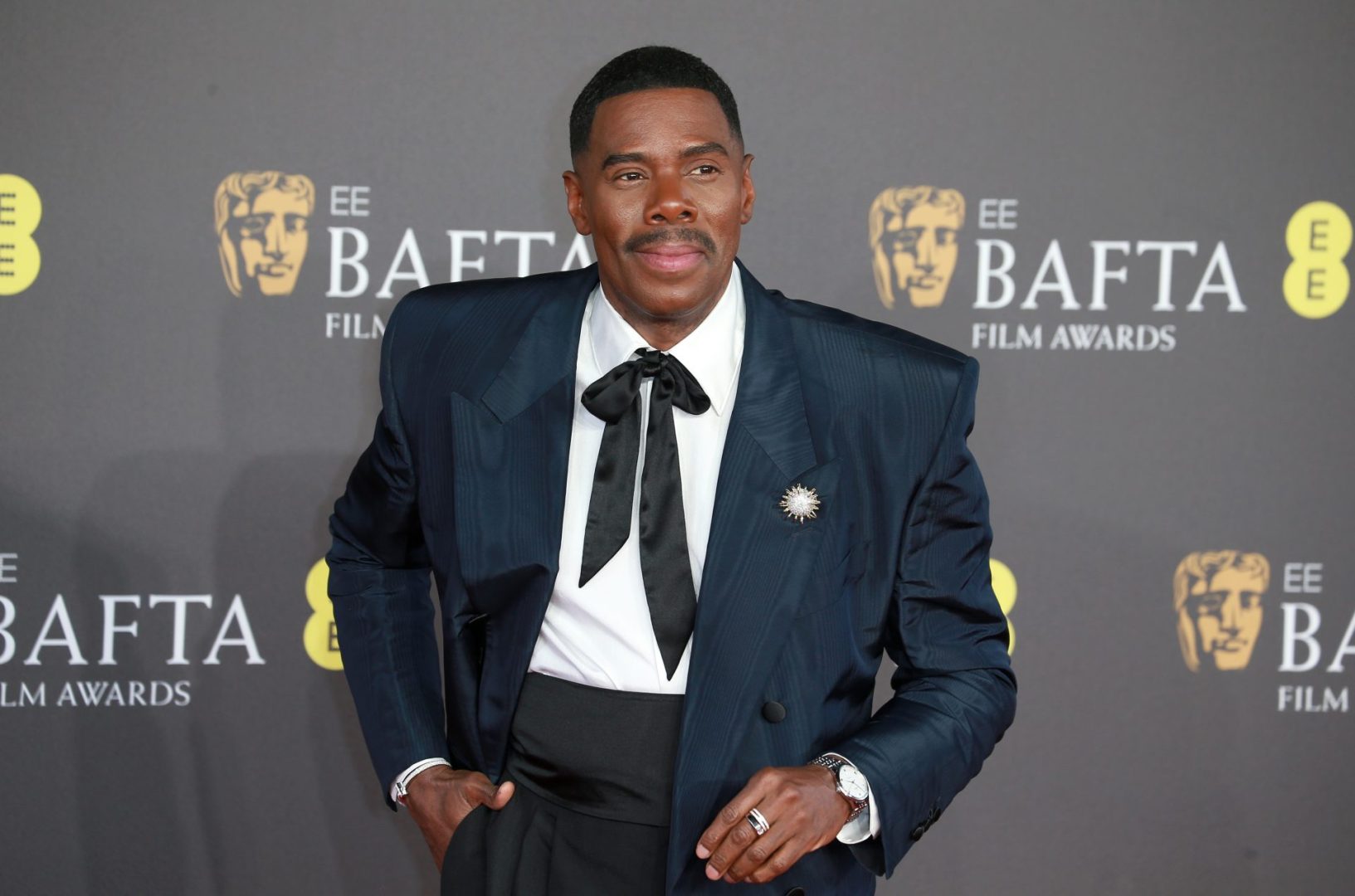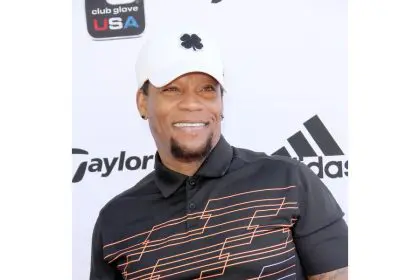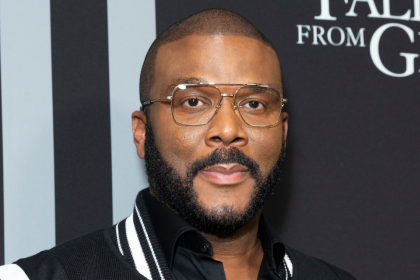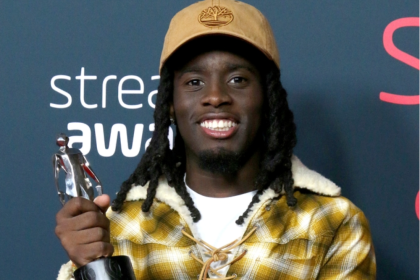Colman Domingo, a celebrated actor known for his compelling storytelling, is on a mission to promote racial healing as a continuous practice rather than a one-time event. Partnering with the W.K. Kellogg Foundation (WKKF), Domingo aims to amplify the message that racial healing is essential for individuals and communities, encouraging everyone to share their personal stories and engage in daily practices that foster understanding and empathy.
The National Day of Racial Healing
Initiated eight years ago by the W.K. Kellogg Foundation, the National Day of Racial Healing serves as a reminder of the ongoing work needed to address racial inequities in society. Under the leadership of La June Montgomery Tabron, the first Black American and female president/CEO of WKKF, the organization has taken significant strides in promoting racial equity and healing. Tabron emphasizes that the foundation’s work is not about shaming or blaming but about connecting people to pursue equity.
Colman Domingo’s commitment to racial equity
Domingo’s commitment to racial equity is deeply personal. As a Black Latino man in America, he has experienced the effects of systemic racism firsthand. His partnership with WKKF is fueled by a desire to inspire others to practice racial healing in their everyday lives. Domingo believes that racial healing can be as simple as engaging in meaningful conversations with those who may seem different from us. His belief is that through personal reflection and empathy, individuals can contribute to a more equitable society.
Daily practices for racial healing
To make racial healing a daily practice, Domingo and Tabron suggest several strategies that individuals can adopt:
- Personal reflection: Take time to reflect on how racial biases may shape your worldview. Honest self-assessment is crucial in identifying and addressing these internalized beliefs.
- Cultivating empathy: Build empathy by listening to the experiences of others, especially those who have faced racial discrimination. Empathy helps bridge divides and fosters deeper connections.
- Recognizing common humanity: Acknowledge the shared struggles, hopes and dreams that unite all people, regardless of race. This mindset fosters unity and understanding.
- Building trust: Invest in relationships with people from different racial and ethnic backgrounds. Trust grows through shared experiences and open dialogue.
Real-life examples of racial healing
Domingo shares a personal story that illustrates the power of connection. While at Martha’s Vineyard, he struck up a conversation with a stranger who had a vastly different background. Their interaction, rooted in civility and curiosity, exemplified how engaging with others can lead to mutual understanding and respect.
The role of the W.K. Kellogg Foundation
Under Tabron’s leadership, the W.K. Kellogg Foundation is dedicated to implementing long-term changes in communities facing high poverty and racial inequities. The foundation’s efforts extend beyond the United States, with initiatives in Mexico and Haiti aimed at addressing systemic barriers that hinder children’s opportunities to thrive.
Embracing racial healing
Through their partnership, Domingo and the W.K. Kellogg Foundation are inspiring individuals and communities to embrace racial healing as a daily practice. By fostering empathy, reflecting on biases and building trusting relationships, they demonstrate that collective efforts can overcome the systemic challenges faced by marginalized groups.

















